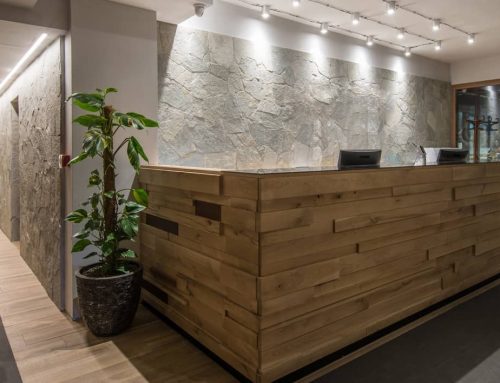Hotel renovations can be complex and challenging projects that require careful planning and execution. As a general contractor with more than 35 years of commercial construction and renovation experience, GLR has successfully completed thousands of large scale projects, learning many valuable lessons along the way. Below you will find tips and insights we’ve learned through our experience and are sharing to help you successfully navigate your next hotel renovation project.
1. Pay Attention to Trends
To renovate a hotel that will appeal to travelers you must first consider what is trending in hotel design while also considering future design trends. If you’re working with a hotel PIP (Project Improvement Plan), the design may already be established as part of the brand standard. But, if your property doesn’t have a larger brand setting the design standard, curb appeal is vital in attracting guests because the hotel with the most up-to-date design and amenities will be most attractive to travelers.
2. Develop a Clear Scope of Work
Before starting any hotel renovation project, it is crucial to develop a clear and detailed scope of work. This includes understanding your entire hotel PIP (if required), identifying specific areas that need renovation, setting realistic timelines, and establishing a budget. A well-defined scope of work will not only help in managing project expectations but also streamline the construction process.
3. Consider Guest Experience
During hotel renovations, it is essential to consider the guest experience. Minimizing disruptions is a key aspect of keeping guests satisfied. Efficient communication and coordination between the contractor and hotel management are crucial to minimize disruptions. Plan renovations in phases and avoid scheduling noisy or messy construction activities during peak seasons. Additionally, provide clear communication to guests about the ongoing renovations and their anticipated impact.
4. Plan for Unexpected Challenges
Hotel renovations often come with unexpected challenges such as hidden structural issues or changes in building codes. Anticipate these challenges and have contingency plans in place to address them. Allow flexibility in your timeline and budget to accommodate unforeseen obstacles without compromising the project’s overall quality.
5. Focus on Sustainability
Incorporating sustainable practices during hotel renovations is not only beneficial for the environment but also can reduce long-term operational costs. Explore eco-friendly materials, energy-efficient systems, and water-saving fixtures. Seek opportunities to repurpose and recycle materials whenever possible. Also, consider your guests’ participation in sustainability practices with things like electric vehicle charging stations, waste reduction, and recycling options.
Hotel renovations can be complex undertakings, but with the right planning, communication, and expertise, they can yield remarkable results. By following these tips and working closely with a trusted general contractor experienced in hotel renovations, you can successfully transform your hotel property, enhance guest experiences, and ultimately boost overall revenue.
Remember, each hotel renovation project is unique, and it is essential to adapt these tips to suit your specific needs and circumstances. Happy renovating!




